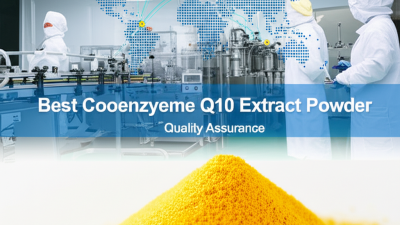
-
About Us
-
Products
-
Nutraceuticals
-
Botanical Extracts
-
Berberis Extract
-
Ginkgo Biloba Extract
-
Rutin
-
Quercetin
-
Grape Seed Extract
-
European Bilberry Extract
-
Broccoli Seed Extract
-
Fisetin
-
Ajuga Extract
-
Resveratrol
-
Stevia Leaf Extract
-
Green Tea Extract
-
Olive Leaf Extract
-
Epimedium Extract
-
Rhodiola Rosea Extract
-
Panax Ginseng Extract
-
Pomegranate Extract
-
Garlic Extract
-
Milk Thistle Extract
-
Black Pepper Extract
-
-
Fruit & Vegetable Juice Powder
-
Customized Service
-
-
News
-
Blog
-
Contact Us
Leave Your Message
